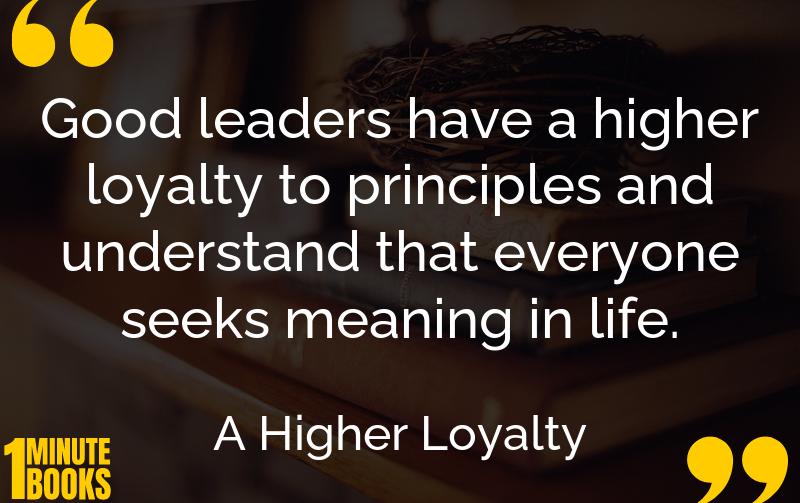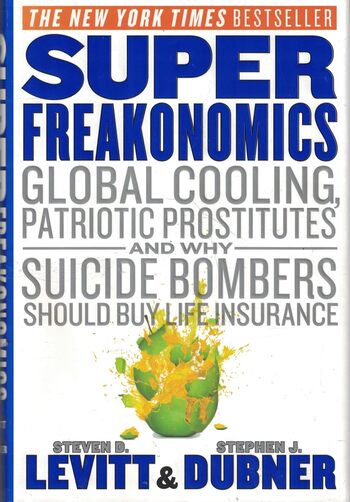
James Comey’s ‘A Higher Loyalty’ reflects on his tenure as FBI Director, highlighting the importance of integrity and independence in the face of unethical leadership, particularly focusing on his experiences with Donald Trump.
Main Lessons
- The FBI must maintain independence from political influence to uphold truth and the rule of law.
- Unethical leaders, like bullies, often demand blind allegiance regardless of legality.
- Integrity and truth-telling are core to good leadership – the truth should be prioritized over personal gains.
- Leaders from the corporate world may exhibit antisocial behaviors detrimental to effective political leadership.
- Small lies can escalate, leading to major untruths; honesty should be central in leadership roles.
- Good leadership involves humility, admitting when wrong, and keeping long-term impacts in mind.
- Historical examples, like the Soviet Union, illustrate the dangers of politically motivated dishonesty.
- Donald Trump, according to Comey, prioritizes personal loyalty over institutional independence.
- Good leaders encourage transparency and constructive criticism.
- Trump’s alleged behavior and focus on loyalty undermine effective governance and institutional checks.
- Comey emphasizes that a higher loyalty to truth supersedes the President’s desires.
- Studies suggest a higher prevalence of psychopathy in corporate leaders compared to the general population.
- The FBI’s role is to present facts without political bias – truth matters regardless of political consequences.
- Good leaders understand the responsibility of making tough decisions wisely and without arrogance.
- Comey warns against leaders who are overly self-obsessed and hostile to differing opinions.








